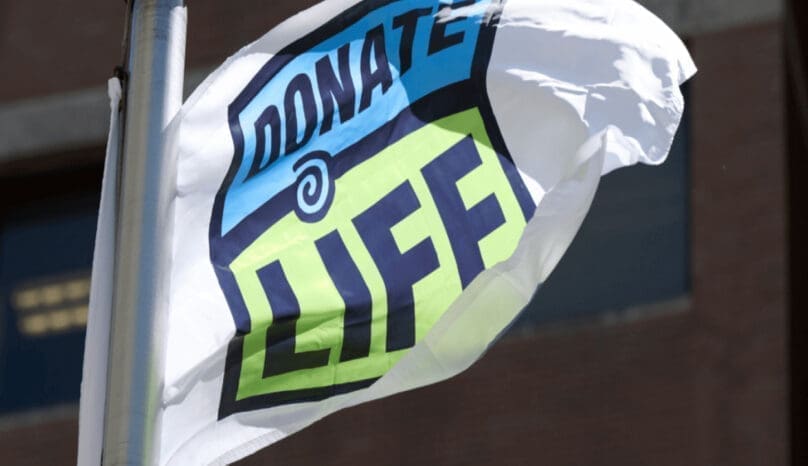The HIV Organ Policy Equity (HOPE) Act was signed into law in 2013 and implemented in 2015, paving the way for the transplantation of organs from HIV-positive donors to HIV positive recipients. The first HIV-positive to HIV-positive organ donation took place in 2016. This monumental legislation gave advocates of organ donation the ability to serve all walks of life and acknowledge that anyone can become an organ donor.
The initial policy implemented in 2015 allowed for kidney and liver transplants, but in May 2020, the policy was revised to allow for HOPE Act transplants of all organs. And in November 2022, the HHS Advisory Committee on Blood and Tissue Safety and Availability (ACBTSA) discussed and approved a recommendation to the HHS Secretary that would declare kidney and liver transplants between HIV-positive donors and recipients ‘the standard of care in the U.S.,” and no longer limited only to research settings but governed by the same guidelines as all other organ transplants.
Why the implementation of this policy was so important
Historically, there have been restrictions when it comes to what people from LGBTQ+ communities are able to donate. The HOPE Act opened up the pathway for everyone to say yes. That kind of understanding is critical to dispel the myths surrounding organ donation. So many individuals still may not have any idea that they could help.
It’s a common misconception that people in the LGBTQ+ community can’t donate organs. The confusion stems from an FDA policy prohibiting certain people from donating blood. Even though that policy has been recently updated, federal rules for blood and organ donation are not one and the same. The FDA does regulate tissue and cornea donations and tissue banks are mandated to follow the FDA policy regarding cornea and tissue donation. But anyone can become an organ donor, and anyone can benefit from receiving a life-saving organ transplant.
Milestones that have been celebrated since the HOPE Act was passed
The passage of the HOPE Act represents the opportunity for people who are HIV-positive the potential to help others. Since the passing of the policy, the organ donation community has celebrated the following milestones:
- In seven years, the HOPE Act has given more than 350 people living with HIV an opportunity to receive a life-saving transplant.
- In March 2019, the world’s first HIV+ to HIV+ kidney transplant with a living donor was performed successfully.
- In June 2022, the first HIV+ to HIV+ heart transplant was performed. Even though the policy passed in 2013, it took 9 years to see the first successful heart transplant.
- As of November 2022, 358 organs had been transplanted between HIV positive donors and patients. To date, 31 transplant hospitals are enrolled with the OPTN to participate in HOPE Act research.
With the passage of the HOPE Act, there are no official disqualifying conditions when registering to be an organ donor. Everyone has the potential to leave a lasting legacy through organ donation, no matter how they identify or if they’re HIV+. This provides immediate hope for those waiting for a life-saving transplant and widens the donor pool so that more lives can be saved.
Sign up for the donor registry and increase the chance that patients waiting will get the transplants they need to survive. By registering as an organ, eye, and tissue donor, you can bring hope to patients and families who are holding out for a miracle.



